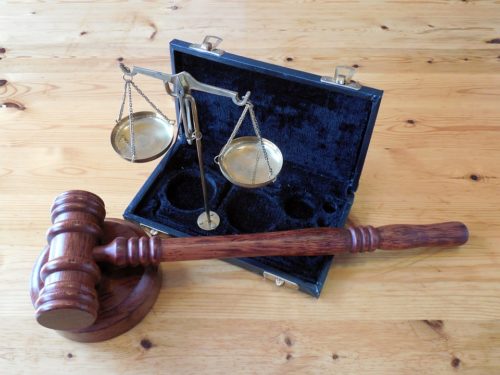
Wrongful convictions are a troubling and complex issue that has significant consequences for the criminal justice system in Canada. When innocent individuals are convicted and imprisoned for crimes they did not commit, it not only results in grave injustice but also undermines public trust in the legal system. In recent […]
Read more ›

Gender bias is a pervasive issue that affects various aspects of society, including the criminal justice system. In Canada, gender bias can impact how criminal law is applied, from police interactions to court proceedings and sentencing decisions. This article explores the intersection of gender and criminal law in Canada, sheds […]
Read more ›
Forensic science plays a pivotal role in modern criminal investigations in Canada, providing vital scientific evidence and expertise to support the investigation and prosecution of crimes. The use of advanced forensic science techniques and technologies has significantly advanced the field of criminal investigation, facilitating the solving of cases, identification of […]
Read more ›
Racial profiling and discrimination in policing are significant issues that have garnered attention both nationally and internationally. In Canada, as in many other countries, racial profiling has been a subject of controversy and concern, as it raises fundamental questions about fairness, justice, and human rights. This article provides an overview […]
Read more ›
For the second time the Macdonald-Laurier Institute has issued its annual report card on the status of Canada’s criminal justice system. Using quantitative data from Statistics Canada and statistical analysis, the Macdonald-Laurier Institute has rated each province and territory’s criminal justice system based on five major objectives: public safety, support […]
Read more ›
The Canadian Charter of Rights and Freedoms gives everyone charged with a criminal offence the right to be tried within a reasonable time. The rational for this right is based on both individual interests and societal interests. The individual interests include (1) minimizing the anxiety and stigma of criminal proceedings; […]
Read more ›
A judge’s decision in a criminal case is bound by the principles of jurisdiction and functus officio. However, there are exceptions to these principles, and it’s essential to understand when a judge can change their decision. In this blog post, we will explore the circumstances under which a judge can […]
Read more ›
De Minimis Non Curat Lex is Latin for “the law does not care for small things.” In a number of criminal cases the de minimis defence has been raised successfully, though appellant courts have not been clear on its availability for all offences. In R v Peleshaty, the Manitoba Court […]
Read more ›
The first drug treatment court (DTC) was established in Toronto in 1998. The idea was to bring together professional treatment services for those involved in the criminal justice system in order to effectively address offenders’ drug additions. Soon after a drug treatment court was developed in Vancouver, Edmonton, Winnipeg, Ottawa […]
Read more ›- 1
- 2
